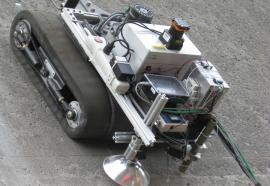Here Comes the Sun
Growing Impacts of Residential Solar on Utility Customer Service
What does PV mean for utilities’ residential customer service operations? From helping customers with supplier selection, through installation and maintenance issues? And with billing? To begin to address this question, we conducted two sets of surveys of residential electricity customers in the second quarter of 2016.









